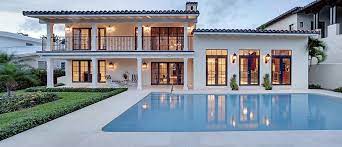Home is more than just a physical space; it is a sanctuary, a reflection of our identity, and a place where memories are woven into the very fabric of its walls. The concept of Home transcends its mere architectural existence, encompassing emotions, experiences, and a profound sense of belonging. In this article, we will delve into the multifaceted nature of home, exploring its significance, evolution, and the role it plays in our lives.
The Evolution of Home
Throughout history, the concept of home has evolved, shaped by cultural, social, and economic influences. In ancient times, homes were primarily a means of shelter, providing protection from the elements. As societies advanced, so did the idea of home, transforming it into a symbol of stability and security.
The architectural styles of homes have varied across cultures and time periods, each reflecting the values and preferences of the society that produced them. From the nomadic tents of ancient civilizations to the grand estates of aristocracy, homes have mirrored the diverse tapestry of human civilization.
The Modern Home
In the contemporary era, the definition of home has expanded beyond its utilitarian roots. Modern homes are not merely structures; they are curated spaces that express individuality, personal taste, and lifestyle choices. The rise of interior design as a discipline underscores the importance of creating environments that are not only functional but also aesthetically pleasing and emotionally resonant.


